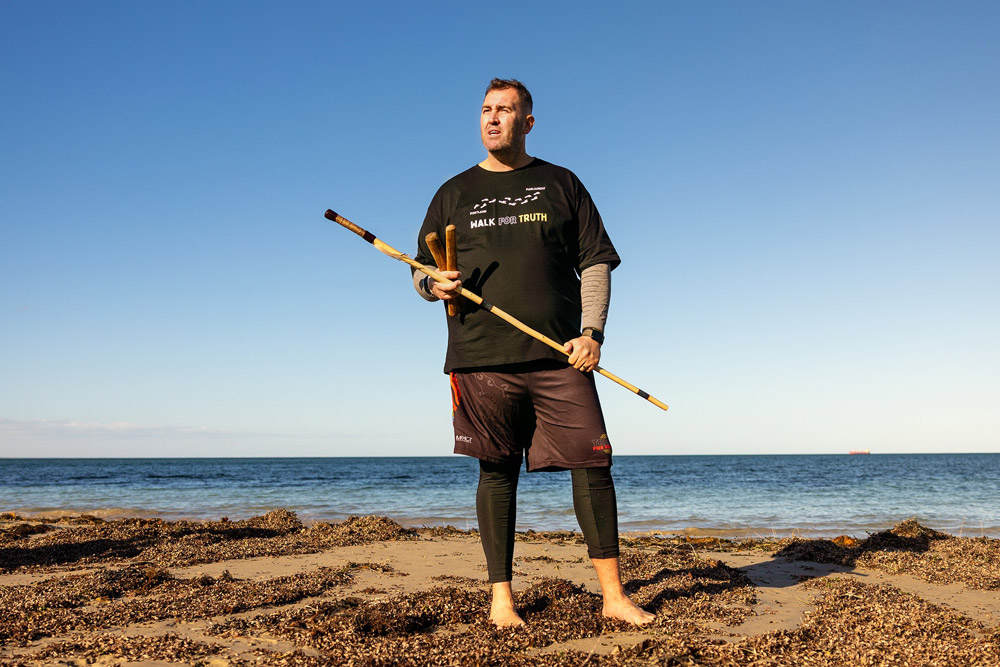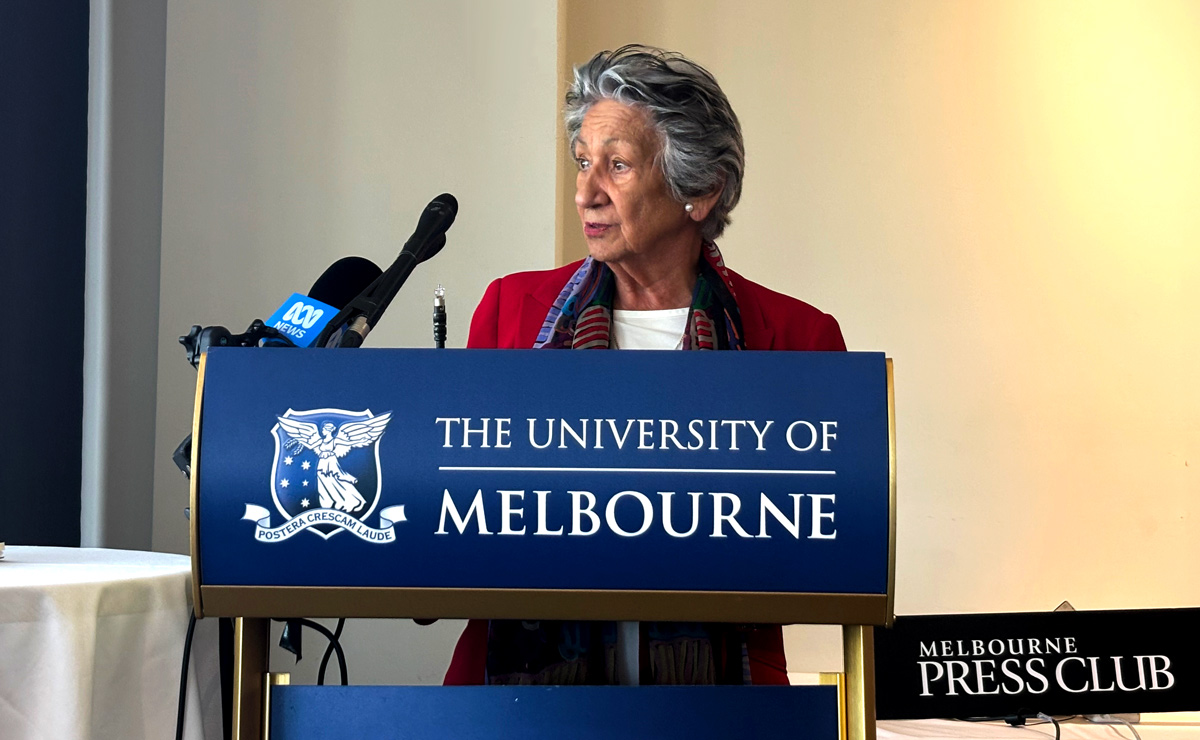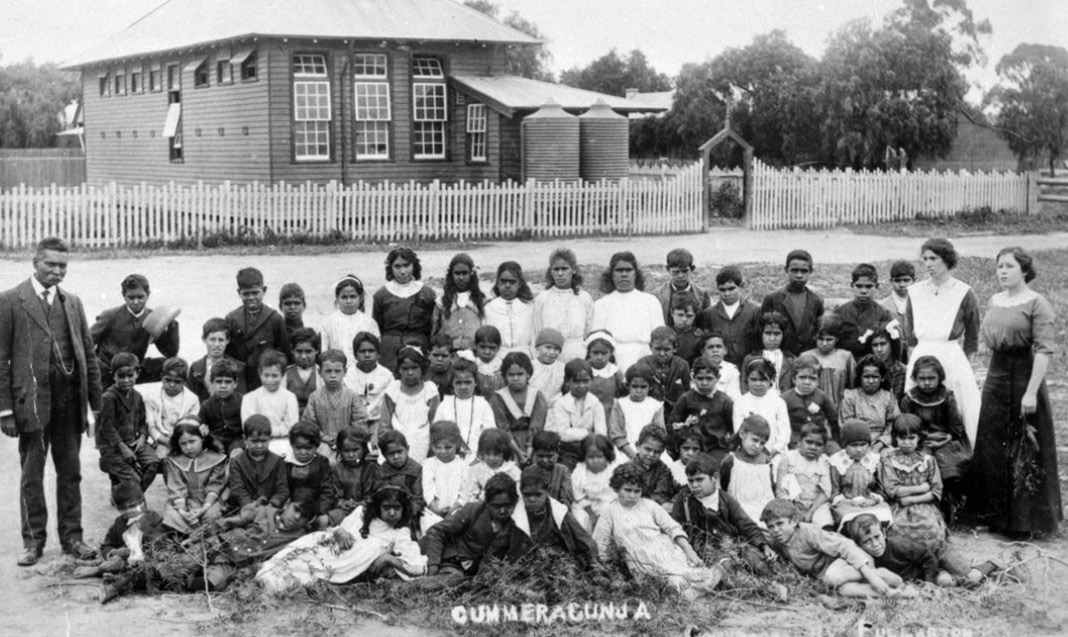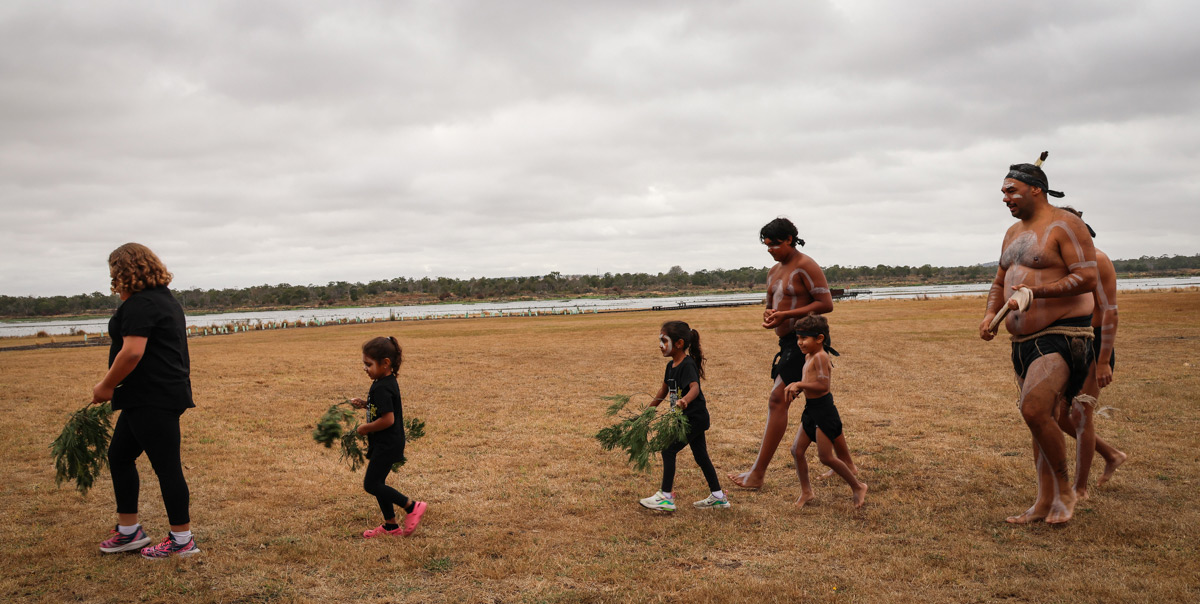
Over eight months of dedicated inquiry, Yoorrook has gathered an enormous body of evidence on injustice experienced by First Peoples in relation to land and water, and what needs to be done to address it.
Evidence has come from roundtables and yarns with over 850 Traditional Owners across the state, submissions, site visits, notices to produce, and three weeks of public hearings with First Peoples, the Premier, government ministers, academics and bureaucrats. The Commission held hearings in Collingwood, Portland, Robinvale and on land that was formerly part of the Coranderrk mission.
Throughout, Commissioners consistently heard evidence about wrongdoing and loss but also the story of First Peoples’ ongoing resistance, survival and strength.
Scroll down or click a heading below to learn more.
- First Peoples have an ancient, profound and enduring connection to country
- The theft of land was brutal and fast
- Land injustice has had a profound impact on First Peoples
- Colonisers and their descendants have gained enormous wealth from Victoria’s land and waters
- First Peoples have received crumbs in return through from modern land and water rights schemes and policies
- First Peoples are healing country and revitalising culture
- We can right the wrongs of the past through self-detemination, redress, changes to laws and treaties
- Everyone has a role to play
First Peoples have an ancient, profound and enduring connection to country
Long before the pyramids, before Stonehenge, First Peoples made their home here in the land now called Victoria.
Yoorrook’s land, sky and waters hearings began on Gunditjmara country near Portland, where the colonisation of Victoria began in 1834, when the Henty brothers established a permanent European settlement.
Watch an overview of Gunditjmara connection to country below.
The theft of land was brutal and fast
Emeritus Professor Richard Broome described colonisation in Victoria as the “swiftest expansion within the British empire of any occupation of land.” By the 1840s, squatters had established 700 stations and brought over millions of sheep.
Yoorrook heard that 60,000 people may have lived in Victoria before colonisation. By the early 1850s, it was less than 2,000.
There are 49 known massacres in Victoria but as Professor Marcia Langton explained:
“these records are the tip of the iceberg … it is unlikely most of the killings were recorded.”
Professor Marcia Langton
Watch Dr Bill Pascoe explain more:
Professor Henry Reynolds told Commissioners that local settlers knew about the massacres but “so much of what happened got covered by a very, very powerful code of silence.” Watch more:
Land injustice has had a profound impact on First Peoples
The violent colonisation process continues to impact First Peoples. Find out more in the video below:
“Our culture is ancient and our culture is strong, yet we still suffer the wrongs of the past. With tears on the landscape and scars on our heart, our truth needs to be told.”
Aunty Jill Gallagher, CEO of VACCHO
Colonisers and their descendents have gained enormous wealth from Victoria’s land and waters
Water Minister Harriet Shing MP told Commissioners that despite the state government receiving $83 billion in water revenue over the past decade, none of that wealth has been passed on to Traditional Owners. On top of this, Traditional Owners hold less than 0.18% of water entitlements across the state. Watch more below:
Minister for Climate Action, Energy and Resources, the Hon. Lily D’Ambrosio MP told Commissioners that:
“To date, more than 2,400 tonnes [of gold] has been extracted in Victoria, beginning from 1851. The value of that in today’s terms, based on weight to the current spot price of gold is about $287.4 billion.”
The Hon. Lily D’Ambrosio MP, Minister for Climate Action, Energy and Resources
Minister D’Ambrosio confirmed that there has never been an accounting of that wealth for First Peoples. She was further asked if the amount of money made from all mineral resources extracted in Victoria over generations “compel governments to secure the economic prosperity of First Nations people?”
Minister D’Ambrosio answered “yes.” Watch more:
Minister for Environment, Hon. Steve Dimopoulos MP admited that between 2010-2023, the Victorian government received over $1.89 billion in revenue from grazing, forestry and public land licenses – but not a single dollar was distributed to traditional owners. When pressed on why this equity mechanism failed to deliver for First Peoples, the Minister stated: “The real answer is the threshold was set in a way to exclude Traditional Owners. That’s the reality.” Watch more:
First Peoples have received crumbs in return through from modern land and water rights schemes and policies
“We don’t want acknowledgements, we want you to reconcile the truth in your heart” Uncle Brendan Kennedy told Water Minister Harriet Shing at a hearing of the Yoorrook Justice Commission held at Margooya Lagoon.
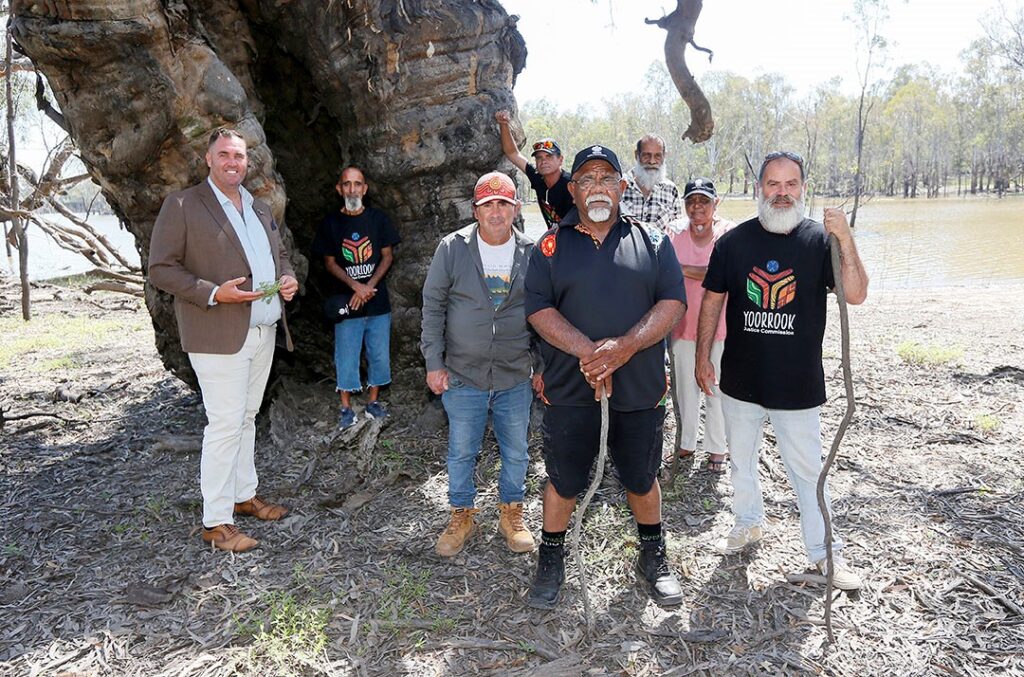
“Europeans need to understand the enormity of what they are doing [to the water system] instead of hiding behind books and laws…We can’t exist anywhere else as Tati Tati. We have to be here on this Country…[yet] the dispossession continues.”
Uncle Brendan Kennedy
Despite years of negotiations through Native Title and the Traditional Owner Settlement Act, First Peoples have very little control over what happens on country.
As Uncle Charles Perkins said at the Rotary Club of Melbourne on 26 January 1984 quoted by Yoorrook Counsel Assisting Tony McAvoy SC during the hearings:
“I am a descendant of a once proud tribe from Central Australia, the Arrernte people. Today we number very few and own nothing. We cringe like dogs with the prospect of the white backlash. We pray eternally that the white authority structure will not turn on us and impede what little progress we have made. We ask for land rights with tongue in cheek, knowing full well in our hearts that the land belonged to us in the first instance. We stagger and stumble into each other in confusion when our identity is contested and thus allow ourselves to be moulded by others. Our land, our pride, and our future has been taken away from us, and our people buried in unmarked graves. We wander through the Australian society as beggars. We live off the crumbs of the white Australian table and are told to be grateful. This is what Australia Day means to Aboriginal Australians. We celebrate with you, but there is much sadness in our joy. It is like dancing on your mother’s grave. We cannot live in the past but the past lives with us.”
Uncle Charles Perkins
Continued dispossession leads to poor outcomes for First Peoples, the environment and the state as discussed by Deputy Chair Lovett below:
First Peoples are healing country and revitalising culture
We all benefit when First Peoples have rights to lands and waters and can care for Country.
Yoorrook heard evidence of how cultural burns can be used to benefit country:
“[We should be looking to a cultural burning system that’s] been developed by country for country, not this flawed model that has been utterly devastating for not only country, not only Aboriginal people, but also for the people who have arrived since 1788.”
John Clarke
Dr Vicki Couzens, Senior Knowledge Holder for Possum Skin Cloak Story and Gunditjmara Mother Tongue spoke of the impact of reclaiming, regenerating and revitalising cultural knowledge, language and practice:
We can right the wrongs of the past through self-detemination, redress, changes to laws and treaties
“Where we have handed power and resources to First Nations organisations we have seen some of the most extraordinary outcomes in Closing the Gap targets.”
The Hon. Natalie Hutchins MP
Minister for Treaty and First Peoples spoke about the importance and benefits of self-determination:
The Premier, Jacinta Allan pointed to Treaty as one way of addressing ongoing injustice:
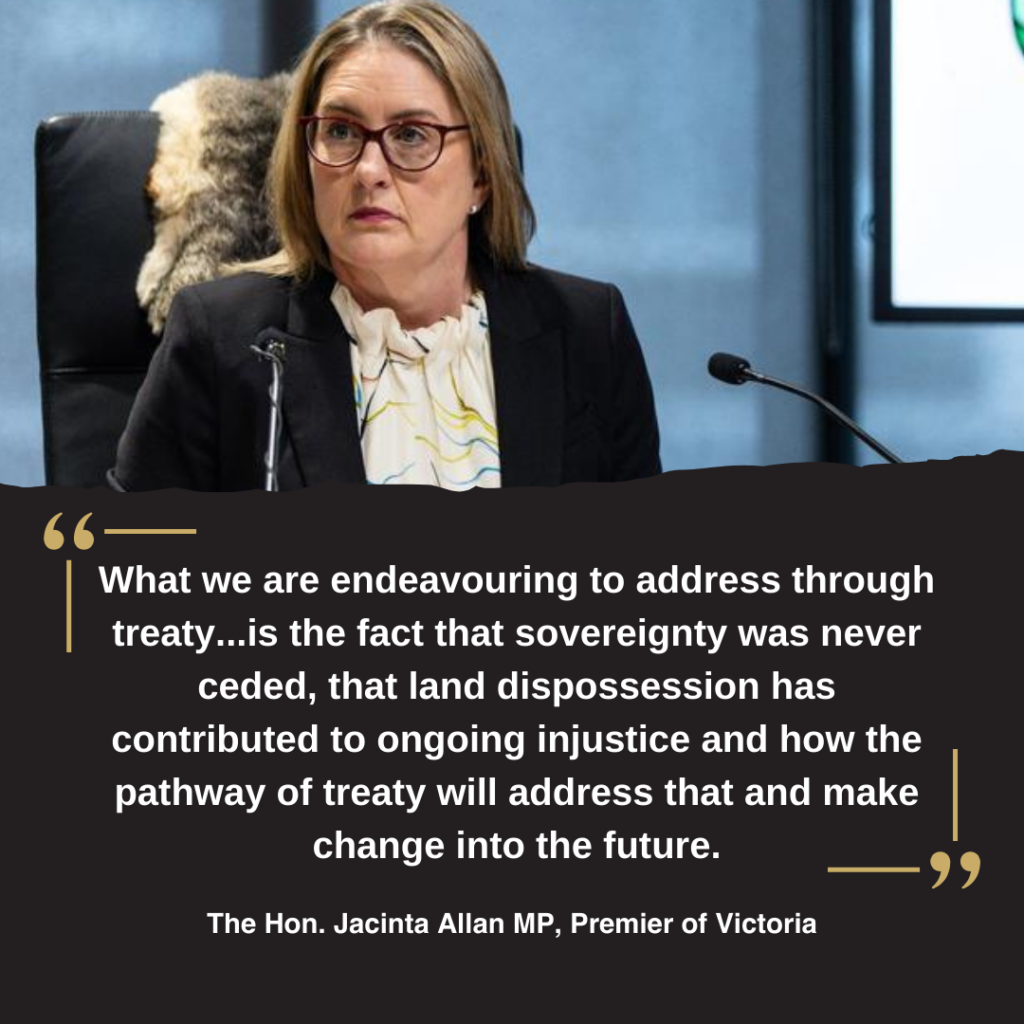
Everyone has a role to play
Suzannah Henty, a sixth generation descendant of some of Victoria’s first colonisers, reflected that:
“I think all settlers are responsible for questioning how it is that Australia came to be. They are responsible for thinking about whose land that they are on… questioning the power that they have…educating themselves.”
Suzannah Henty
Watch more:
At one of the final land, sky and waters hearings Yoorrook Chair Eleanor Bourke AM reminded the Premier and all listening of what is at stake for First Peoples in Victoria:
Watch more videos on land, sky and waters, read articles, or make a submission.
